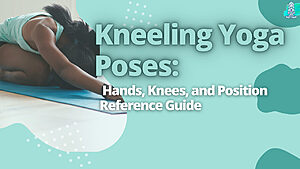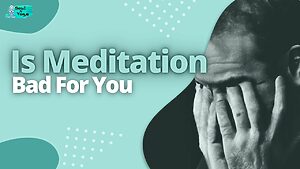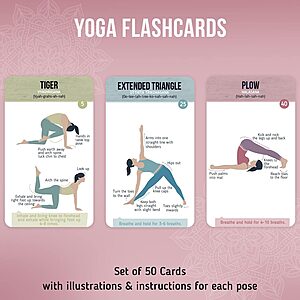I’ve been meditating for years, and I’ve found that it has profound effects on my sleep. I used to need 8 hours of sleep per night, but now I only need 6. This may not seem like a big difference, but it’s a 25% reduction in the amount of sleep I need.
I’m not the only one who’s found this to be true. According to a recent study, persons who practiced meditation for just 30 minutes a day slept 20 minutes less per night on average than they did before the study began.
Meditation could be the answer if you’re struggling with insomnia or simply want to reduce the amount of sleep you need. Keep reading to learn more about how meditation can reduce the amount of sleep you need.
Key Takeaways
- According to a study published in Frontiers in Psychology, people who regularly meditate need less sleep than those who don’t.
- The study found that experienced meditators only need around six hours of sleep per night. In comparison, non-meditators need an average of eight hours.
- Meditation can help improve the quality of sleep and reduce the amount of time needed to fall asleep.
- In addition to reducing the amount of sleep needed, meditation can also help to improve concentration and focus during waking hours.
- Overall, meditation can be a helpful tool for improving sleep quality and quantity.

Here’s The Answer To Can Meditation Reduce The Amount Of Sleep We Need
The short answer is yes. Meditation can help us get better quality sleep, which means we need less. But how does meditation do this? We need to comprehend how sleep functions in order to comprehend how meditation functions.
Different types of meditation may also help improve sleep. One study found that compassion meditation helped participants fall asleep faster and improved their self-reported quality of night’s sleep.
Meditation works by helping to regulate the nervous system and reduce stress levels. This may result in better mental health and well-being, which may aid in fewer sleep issues.
Regular meditation practice has increased melatonin levels (the hormone that makes us sleepy) and decreased cortisol (the stress hormone). This combination can help promote deep, restful sleep.
Meditation can help increase the amount of time we spend in REM sleep by quieting the mind and body so that we can fall asleep more easily and stay asleep for longer periods.
Meditation Can Help Improve The Quality Of Your Sleep
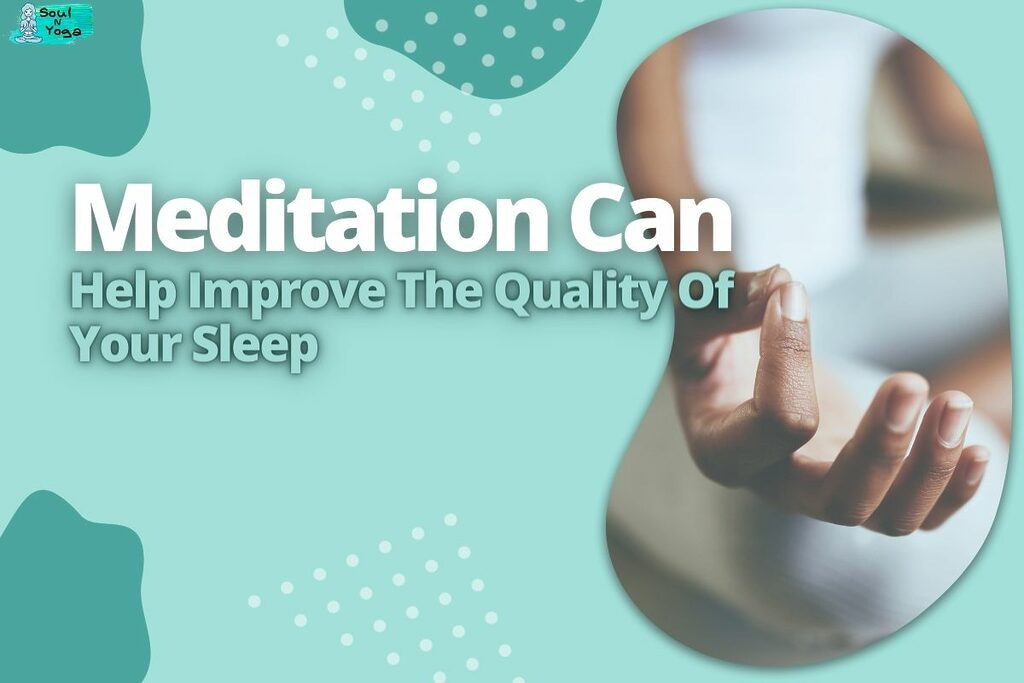
Meditation can help you to fall asleep faster. When we meditate, the brain shifts into a more relaxed state. This relaxation helps reduce stress, which can keep us up at night and makes it harder to fall asleep when our minds are racing.
Meditation can help you stay asleep longer. Meditation is also linked to better sleep because it helps prevent the release of cortisol, the hormone associated with stress, anxiety and fatigue that promotes wakefulness in our bodies, and cravings for unhealthy foods that can keep us awake all night.
Meditation helps improve your sleep quality by reducing pain levels associated with arthritis and other inflammatory conditions affecting joints, such as gout or psoriatic arthritis — both common among people over 65 years old (the largest demographic for meditation).
Regular Meditation Can Lead To Needing Less Sleep
If you’re the kind of person who’s always struggling to get enough shut-eye, meditation may be just what the doctor ordered.
Studies have shown that it can help people fall asleep faster and stay asleep longer, reducing time spent awake in bed.
This can also lead to needing less total sleep overall—a major plus if you’ve been hitting snooze more often than not lately.
Meditation Can Help You Fall Asleep Faster
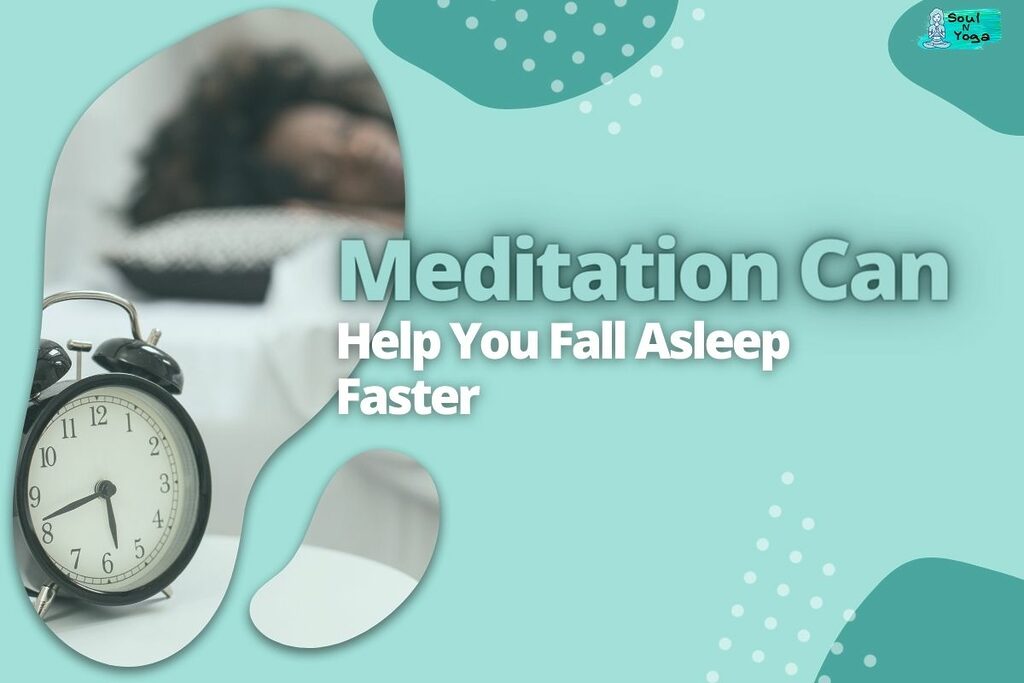
You can use meditation to help you fall asleep faster. Most people who meditate report being able to fall asleep faster than before.
The reasoning is simple: meditation helps you relax and focus on things other than your busy mind, making it easier for the body to relax and let go of tension.
If your mind is racing at night, it will be harder for you to get comfortable and fall asleep quickly.
Meditation teaches us how to use our minds more consciously instead of having them run on autopilot like they usually do when we’re not paying attention (which happens quite often).
When I started meditating, my mind would still wander off into random thoughts throughout the day (this is normal). But after several months of practice with mindfulness practices such as sitting still and focusing on my breath or body sensations in different situations throughout my day (e.g., while eating lunch), those random thoughts have become less frequent over time—and this has helped me sleep better than ever before.
Meditation Can Increase Your Energy Levels
- Relaxation is made possible by the practice of meditation.
- When you’re stressed, sleeping can be difficult, especially if you’re in pain or feeling anxious about something.
- Stress can cause fatigue and make it hard for people to fall asleep at night.
- Meditation reduces stress levels, so you will wake up feeling refreshed and energized than when you went to bed.
Meditation Can Improve Your Focus And Concentration
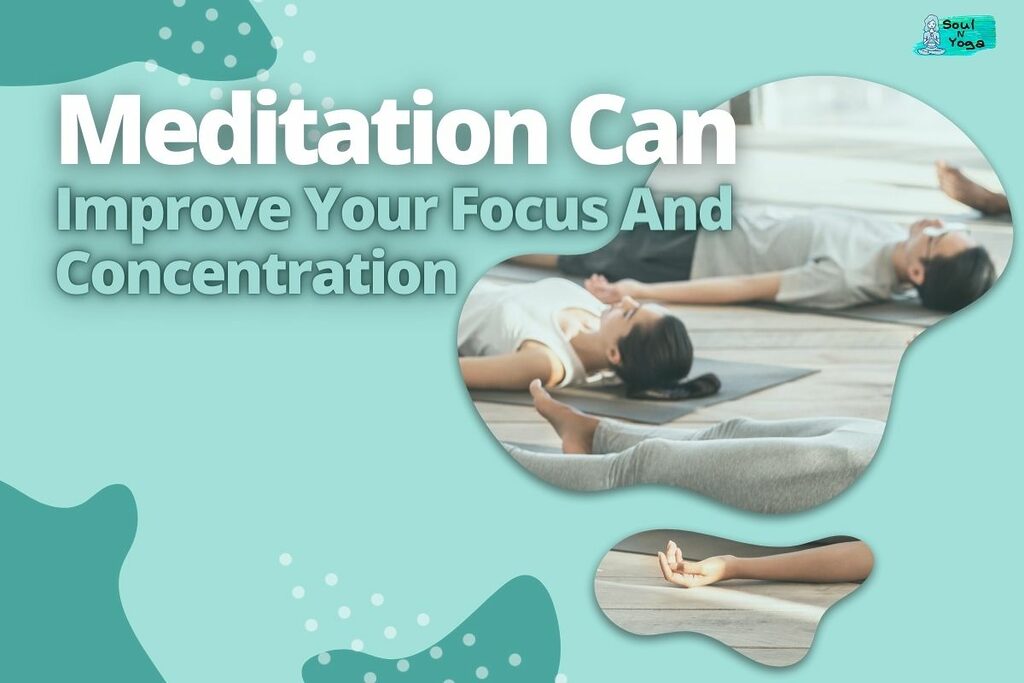
Another way meditation can improve your life is by helping you to focus and concentrate. When we think of concentration, we tend to think of it in terms of attention span or focus.
Meditation helps us become more aware of our thoughts and feelings by paying attention to the present moment.
It also gives us a chance to be more self-aware so we can recognize when we are experiencing negative emotions such as anger or anxiety.
This awareness gives us an opportunity for change; if you’re angry at someone, for example, practicing mindfulness will allow you to understand why this person makes you mad.
The Science Behind Meditation And Sleep
People who meditate are more likely to unwind, concentrate, and even sleep better. It’s no surprise, then, that the science behind meditation and sleep is quite extensive.
The practice of meditation can help you to relax by reducing stress and anxiety. When you’re relaxed, it becomes much easier to fall asleep when you go to bed at night.
By allowing you to steer your thoughts in a certain direction during meditation—a process known as “voluntary attention” in scientific circles—you can also increase your focus and concentration.
When we’re distracted by our thoughts throughout the day (which is pretty much all the time), this voluntary attention gets thrown off course, which makes it harder for us to fall asleep at night too! But with regular practice of calming yourself down through meditation.
How Does Meditation Help To Improve Sleep Habits?
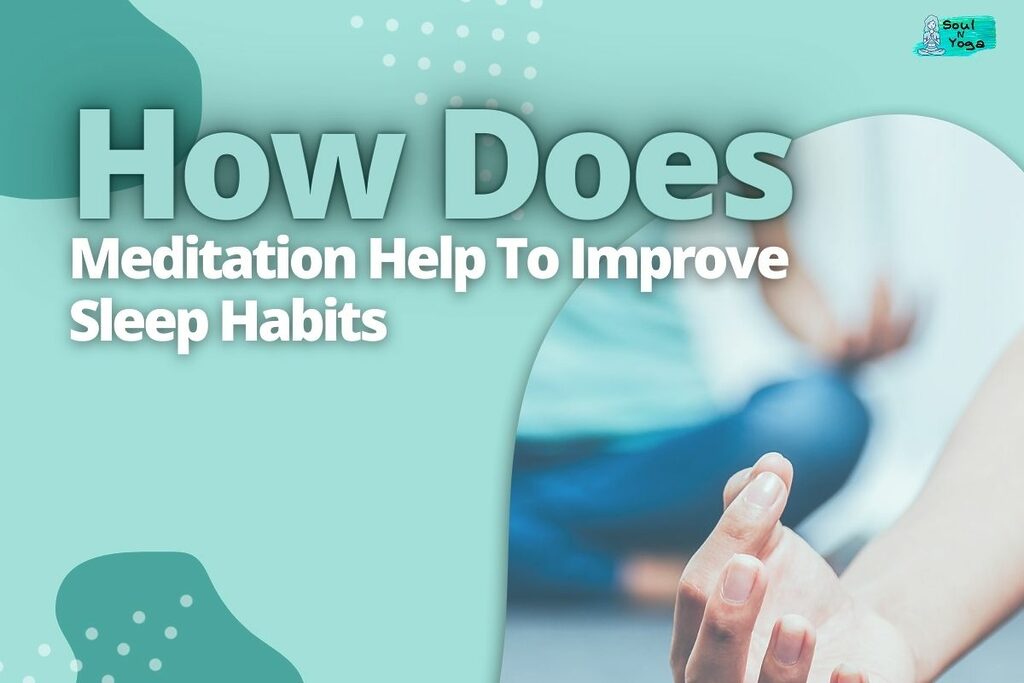
In the same way that meditation helps you fall asleep faster, it can also help you wake up more refreshed. One of the most common complaints from people who don’t sleep well is waking up tired and groggy.
Meditation reduces stress and anxiety, two major factors in poor sleep habits.
It trains your mind to become aware of your thoughts and feelings so that when you go to sleep at night, instead of being consumed with worry or anxiety about work or other things on your mind, you will be able to relax into sleep much easier.
Following a demanding day at work or in school, everyone finds it easier to fall asleep when they meditate before bed. This is because there is less energy running through their body.
Conclusion
Meditation can have a positive effect on the quality of our sleep. By reducing the amount of time we spend in light sleep and increasing the amount of time we spend in deep sleep, meditation can help us to feel more rested and refreshed when we wake up.
So why not give meditation a try if you’re seeking for a solution to enhance your sleep? You might be shocked by how powerful it is.
And be sure to check out our other articles on meditation and sleep for more tips and advice.
Frequently Asked Questions
How can meditation help us get more restful sleep?
Meditation helps the mind become more focused and relaxed, leading to a better quality of sleep.
Is it possible to do too much meditation, or is it a healthy way to relax and de-stress?
There is no such thing as too much meditation. Meditation is a very healthy way to relax and de-stress. Nevertheless, it’s crucial to be cautious not to abuse it. If you find that you’re meditating for hours on end without sleep, then it may be time to take a break and focus on less strenuous relaxation techniques.
How much sleep do we need?
Most people require between 7 and 8 hours of sleep per night.
Does meditation promote better sleep?
Yes, meditation can help promote better sleep by reducing the amount of time we spend in light sleep and increasing the amount of time we spend in deep sleep.
My name is Mugen Seki, and I’m a painter and yoga enthusiast who is passionate about bringing together art and exercise in ways that help people connect with their inner selves. When I’m not painting, I’m practicing yoga. And when I’m not doing either of those things, I’m usually thinking about them.
- How to Hold a Yoga Pose for 4 to 5 Minutes – Practical Tips
- A Guide to Finding the Perfect Yoga Mat for Carpet Floors
- Kneeling Yoga Poses: Hands, Knees, and Position Reference Guide
- Is Meditation Bad For Christians (The Surprising Answer)
- Is Meditation Bad For You (Don’t Believe Everything)
- Will I Get Better At Meditation (Understand The Secret)




